A Different Kind of Focus Group
Observing Readers in Real Time
I considered a traditional focus group to gauge readers’ opinions when I finished the manuscript for my first novel, but I feared it wouldn’t provide the true feedback I craved.
Ten years in the making, snippets of my story had been shared with members of my family and writer’s groups, but no one had followed the story-line and plot twists from beginning to end. And I’d never written a novel before.
A traditional focus group might have a group of strangers meeting for a two-hour discussion after they’d read the book.
But I wanted to witness reaction as the story was experienced.
I wanted to truly understand the pace of my novel by observing readers in real time.
Was my story compelling? Were my plot twists predictable? Or were the story’s secrets too cleverly hidden to satisfy? And perhaps, most of all—without asking specifically— I wanted to know: Did my story feel like a professionally written novel, or perhaps, a mediocre first attempt?
I was convinced that I’d learn much more if I could put a magnifying glass on my readers as they met my characters and their stories, as the plot unfolded, and as its surprises were revealed.
In Focus
I secured a conference room and two suites at a local hotel. I invited six women — all acquaintances who I knew to be avid readers, but few knew one another — to a full day and night read-athon and pajama party.
I forwarded them the first 35 pages of my manuscript via email with instructions to meet me at the hotel conference room on a sunny Saturday morning in late August.
After introductions and a discussion from my first round of questions, I distributed the next 50 pages to each and sent them to the hotel pool to read.
We gathered for lunch and Round II of discussion in early afternoon and repeated the process throughout the afternoon. They finished they book by early evening.
I made careful notes from discussion that began with questions specific to each session. And to ensure that participants were confident in offering their true pro or con opinions, I also distributed a survey sheet for each section whereby questions such as, “If you were not part of this focus group, how likely would you be continue from this point?” and “I’m intrigued/I’m confused by the characters,” could be answered by drawing a simple “X” on a sliding scale. I distributed identical pens to squelch any concern of identification.
Their insight was incredibly helpful. Not only did I gain the answers to the questions I sought, but my focus group readers picked up on a few inconsistencies I’d missed, and our discussions guided me to a minor, but important, change to how the story ended.
That night, we enjoyed pizza and an evening of wine, snacks and girl talk in the hotel suite that lasted well into the wee hours. We each came away friends. And I gained direction and confidence to take my story to the next step.


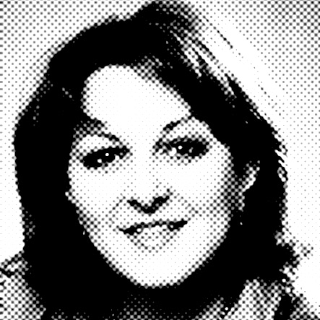
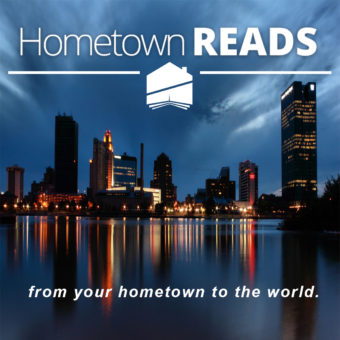
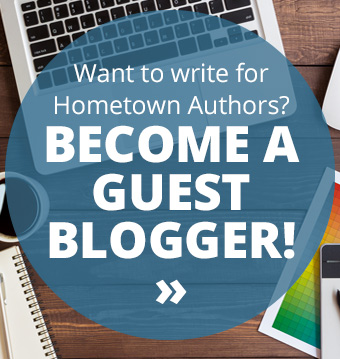
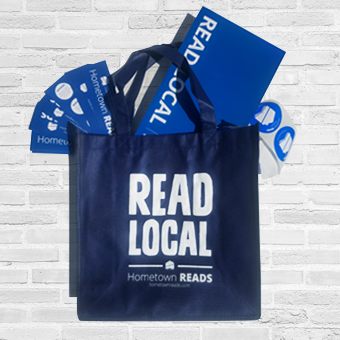
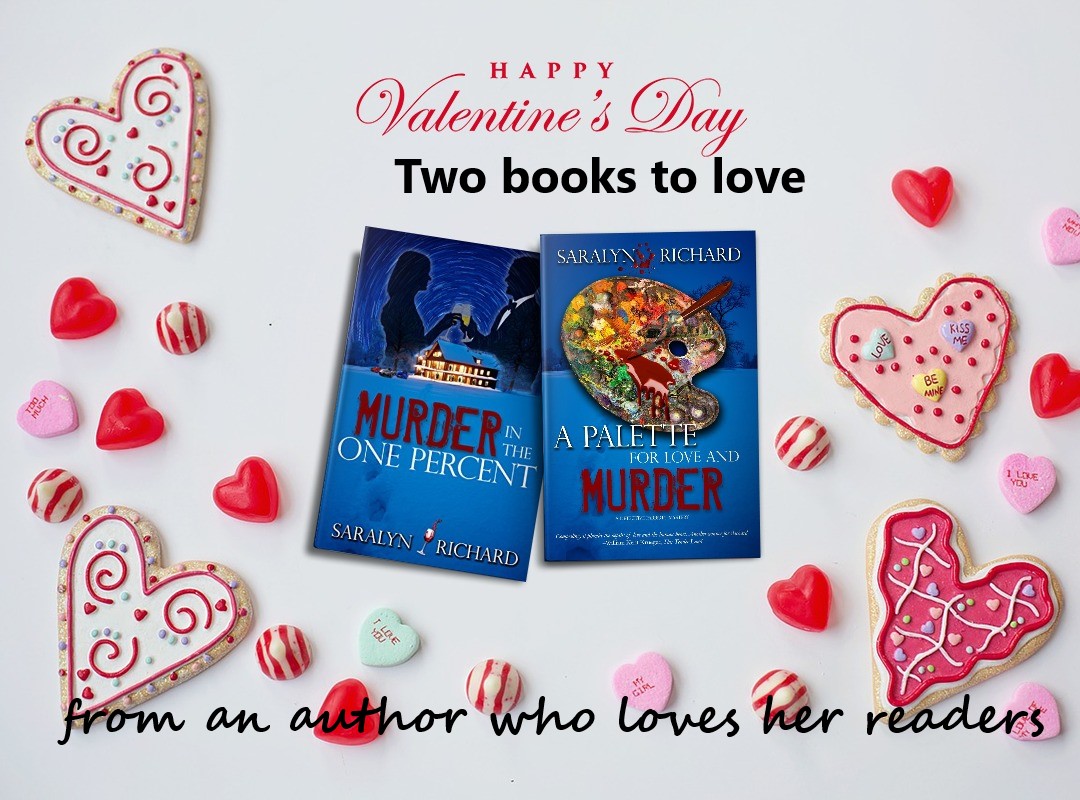


What People Are Saying